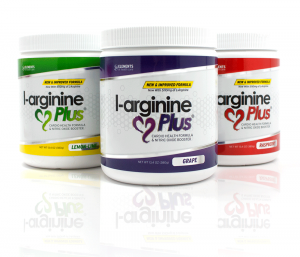There are different exams you can take to measure your heart health, so what is a stress test for the heart? Find out what to expect.
Known as a cardiac exercise test (or simply a cardiac stress test), this exam measures the heart’s reaction to physical exertion. Its purpose is to evaluate your cardiovascular system and detect any heart abnormalities that suggest heart disease.
A stress test can reveal signs of coronary artery disease (CAD), detect blockages, and how severe they are. However, there are limitations. The test can’t tell how much an artery has thickened, how stable an arterial plaque may be, or predict when a person may have a heart attack.
While it’s relatively safe, it can pose risks to people with advanced heart disease, uncontrolled arrhythmia, an acute illness of any sort, and more. Talk to your doctor to determine if a cardiac stress test is a safe choice for you.
Preparing for the Test
 Make sure you arrive about 30 minutes before your appointment so you can relax beforehand. Even though the test lasts between 10 to 20 minutes, you’ll need time to cool down afterward, so make time for that.
Make sure you arrive about 30 minutes before your appointment so you can relax beforehand. Even though the test lasts between 10 to 20 minutes, you’ll need time to cool down afterward, so make time for that.
The test usually takes place in a cardiologist’s office but can also be done in a hospital. It’s also a good idea to leave jewelry at home and wear comfortable walking shoes and a loose two-piece outfit. Also, be ready to remove your shirt so they can attach EEG electrodes to your chest.
Avoid consuming caffeinated products 24 hours before the test and drink only plain water within the four hours prior. Talk to your physician about any medications and food you need to consume beforehand so you can plan accordingly.
During the Stress Test
On the day of the test, technicians will attack electrodes from the ECG machine to your chest. They will also take vitals including your blood pressure and pulse. After obtaining the resting results, you’ll begin walking on a treadmill. Vitals will be recorded every three minutes as the treadmill intensity increases.
You will exercise until you reach or near your maximum heart rate. Afterward, you’ll gradually cool down. Once your healthcare provider receives the results, they will review them with you and discuss any treatment options if necessary.
The Outlook
 It’s important to keep in mind that the cardiac stress test results are open to interpretation as they may only suggest a CAD diagnosis. Feel free to speak freely with your healthcare provider if the results don’t make sense to you. You can also get a second opinion if you feel you’re not getting the answers you need.
It’s important to keep in mind that the cardiac stress test results are open to interpretation as they may only suggest a CAD diagnosis. Feel free to speak freely with your healthcare provider if the results don’t make sense to you. You can also get a second opinion if you feel you’re not getting the answers you need.
What matters is that you’re looking for ways to improve your heart health. For example, regular exercise, eating healthily, and taking supplements like L-arginine Plus may help boost your heart health.
Its ingredients effectively promote circulation, blood pressure cholesterol, and more. In other words, if you want to give your heart the support it deserves, then make sure you practice healthy habits and take L-arginine Plus for an additional boost.

